About this guide

A member of staff or a carer can support you to read this guide. They will be able to answer any questions that you have.
About this guide
- This guide is for people who have problems getting to sleep or staying asleep.
- It will help you to understand your problem.
- It will suggest some simple ways to help you sleep better.
- It will tell you where you can go to get help.
What is a sleeping problem?

Lots of people have problems getting to sleep or staying asleep.
This is sometimes called insomnia.
There are other types of sleeping problems too that we will look at in this guide.
Having a sleeping problem can happen to anyone and it affects people in different ways.
How much sleep do people need?

Some people think that we all need about eight hours sleep each night, but this isn’t true. Some people need more and some people need less. It is different for everyone.

How much you sleep depends on lots of things like:
- How old you are.
- What you do through the day.
- Whether you are stressed or worried about something.
- Sometimes taking medication can affect your sleep.
Why do we get sleep problems?

There are lots of reasons people have problems sleeping. Some of these might be:
- Getting older – older people don’t need as much sleep as young people as they aren’t as busy through the day.

- A medical problem – like taking medication, being in pain or needing to go to the toilet lots.

- Worrying about things can stop you getting to sleep or stop you from sleeping well.
- If someone you know has died or is in hospital you might find it harder to sleep as you will be thinking about them lots.
- If you feel low or depressed this can affect how well you sleep.

- Where you sleep – if your bedroom is too hot or too cold, or your bed is not comfortable, it can make it more difficult for you to get a good night’s sleep.
How do I know if I have a sleep problem?

There are lots of different sleep problems. Here are some of them:
- Getting to sleep – lots of people find it hard to drift off to sleep. Some people can lie awake for hours before they ‘nod off’.

- Staying asleep – some people can get to sleep but then wake up lots through the night. They might also find it hard to get back to sleep once they are awake.

- Waking up too early – some people wake up very early in the morning and then can’t get back to sleep again.

- Some people feel restless in their legs or their body when they go to bed and they try to sleep.
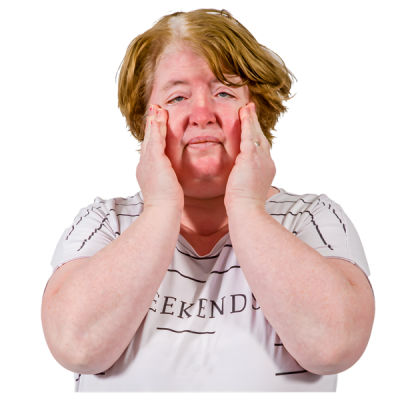
- Some people feel that they sleep too much and still feel tired the next day.
What can I do to help myself?
Here are some common sleep problems and solutions.
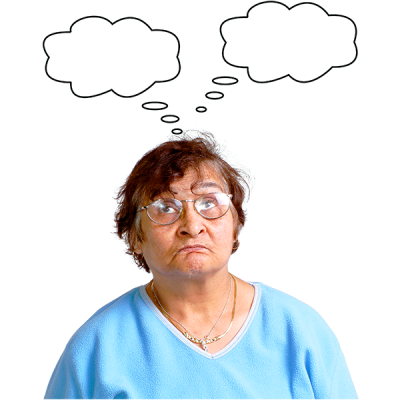
1. Is worrying keeping you awake?
Try to remember that not getting enough sleep will not hurt you, you will fall asleep after a while.
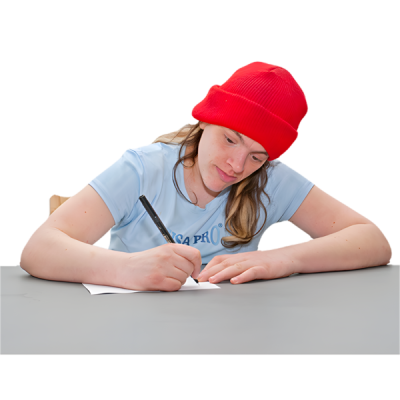
If something is on your mind, it can help to write it down and then think if there is anything you can do about it

Don’t keep looking to see what the time is.

Try distracting yourself by thinking about something relaxing like going on holiday.
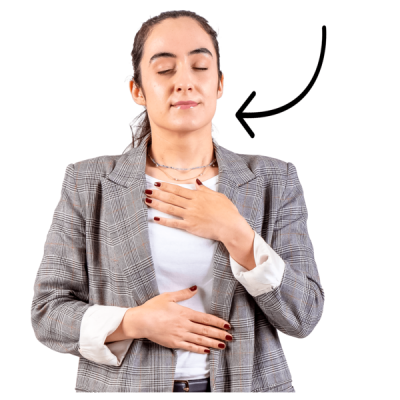
Try slowing down your breathing. Try breathing in for 3 seconds, and breathing out for 3 seconds, for a few minutes. This can help your mind relax.
Try tensing and releasing all your muscles in your body in turn for 10 seconds at a time. This can help your body relax.
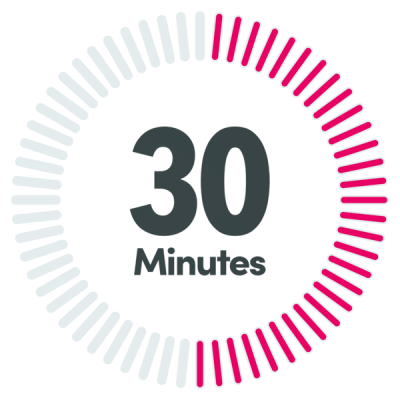
Don’t lie in bed worrying for longer than 30 minutes. Get up and do something else relaxing and then go back to bed when you feel sleepy.
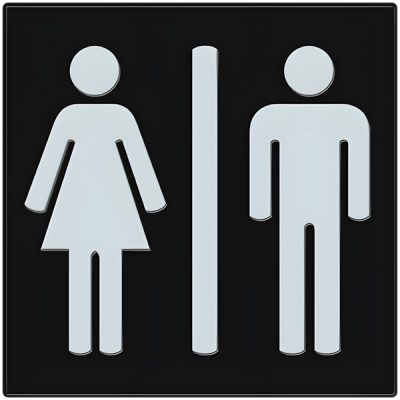
2. Is waking up to go to the toilet stopping you sleeping?
Talk to your GP about what might be causing this, they might be able to help.
Having less tea, coffee, fizzy drinks or any drinks at night can help.
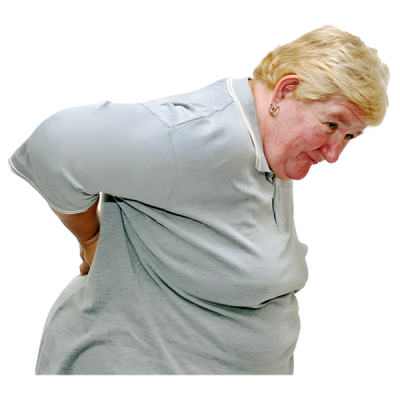
3. Is being in pain keeping you awake?
Speak to your GP about this as there may be a treatment that can help.

Relaxation exercises can help some people with pain.

4. Do you feel restless in your legs or body when you try to sleep?
This could be ‘restless legs syndrome’. There are lots of things that can help with this.

Try having less caffeine or alcohol in the evenings.
Try stopping smoking or vaping less.
Exercising can help, but not in the evenings.
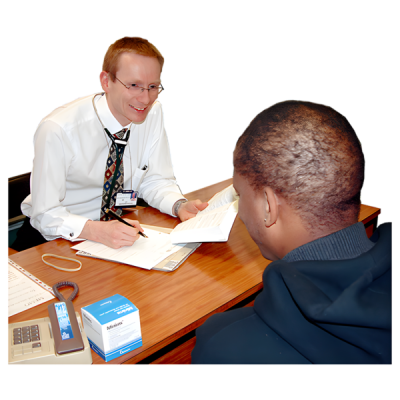
Speak to your GP to see if there is anything else that might help.

5. Do you sleep too much? Or sleep enough and still feel tired the next day? Or snore loudly or stop breathing when you sleep?
This could be obstructive sleep apnoea (OSA).
See your GP if you think that you might have this. It can be treated.
Dos and don’ts to help you get a good night’s sleep

Use these dos and don’ts to help you get a good night’s sleep:
Do:
- Get up at about the same time each day, including weekends.
- Go to bed when you feel sleepy.
- Get into the same pattern before bed every night. You could try things like having a bath, then a warm drink while watching TV, then brush your teeth.
- Get up if you have been lying awake for half an hour – try to relax and then go back to bed.
- Remember that not getting enough sleep won’t hurt you.
- Try to get outside for half an hour first thing in the morning.
- Try to exercise or move more during the day, but not near bedtime.
- Make sure where you sleep is a good place – not too noisy or light, not too hot or cold and that you have a comfortable bed.
- Check your tablets to see if they might be keeping you awake.

Don’t:
- Don’t exercise close to bed time.
- Don’t worry about not getting to sleep.
- Don’t drink tea, coffee or energy drinks in the late afternoons or evening as these can keep you awake.
- Don’t drink alcohol close to bedtime.
- Don't smoke or vape close to bedtime.
- Don’t go to bed until you are tired.
- Don’t nap or go to bed during the day
- Don't stay in bed longer in the morning to catch up on your sleep.
Where to get more help
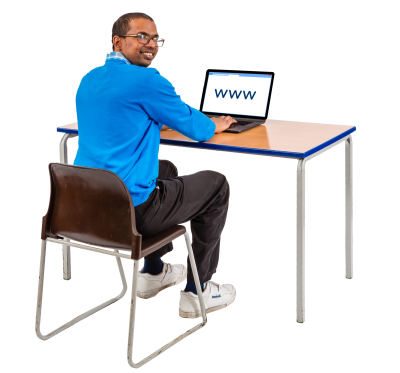
If you would like to get more help or information, you can get in touch with these people:
Sleepstation
An online sleep improvement programme and tips to help you sleep.
Telephone: 0333 0800 9404
Email: info
www.
The Sleep Charity
A helpline and information to help improve sleep.
Telephone: 03303 530 541
Email: info
thesleepcharity.org.uk
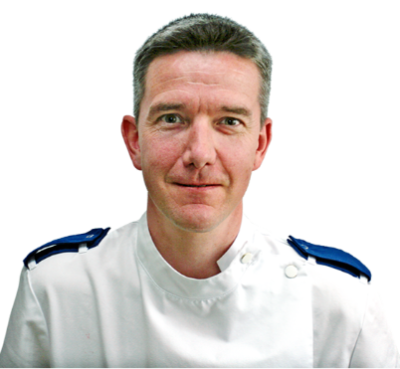
You can also get help and information from your doctor or nurse.
Acknowledgement

Easy Read version developed by:
- Skills for People, Telephone: 0191 281 8737
Skills for People is a registered charity no. 1069993 - Many thanks to service users and healthcare staff who have contributed to the development of this guide
Adapted from Sleeping Problems - A Self Help Guide written by Dr Lesley Maunder and Lorna Cameron www.
Published by the Patient Information Centre
2025 Copyright, Cumbria, Northumberland, Tyne and Wear NHS Foundation Trust
Ref, PIC/720/0525 May 2025 V4
Review date 2028
 Print or download as a PDF
Print or download as a PDF